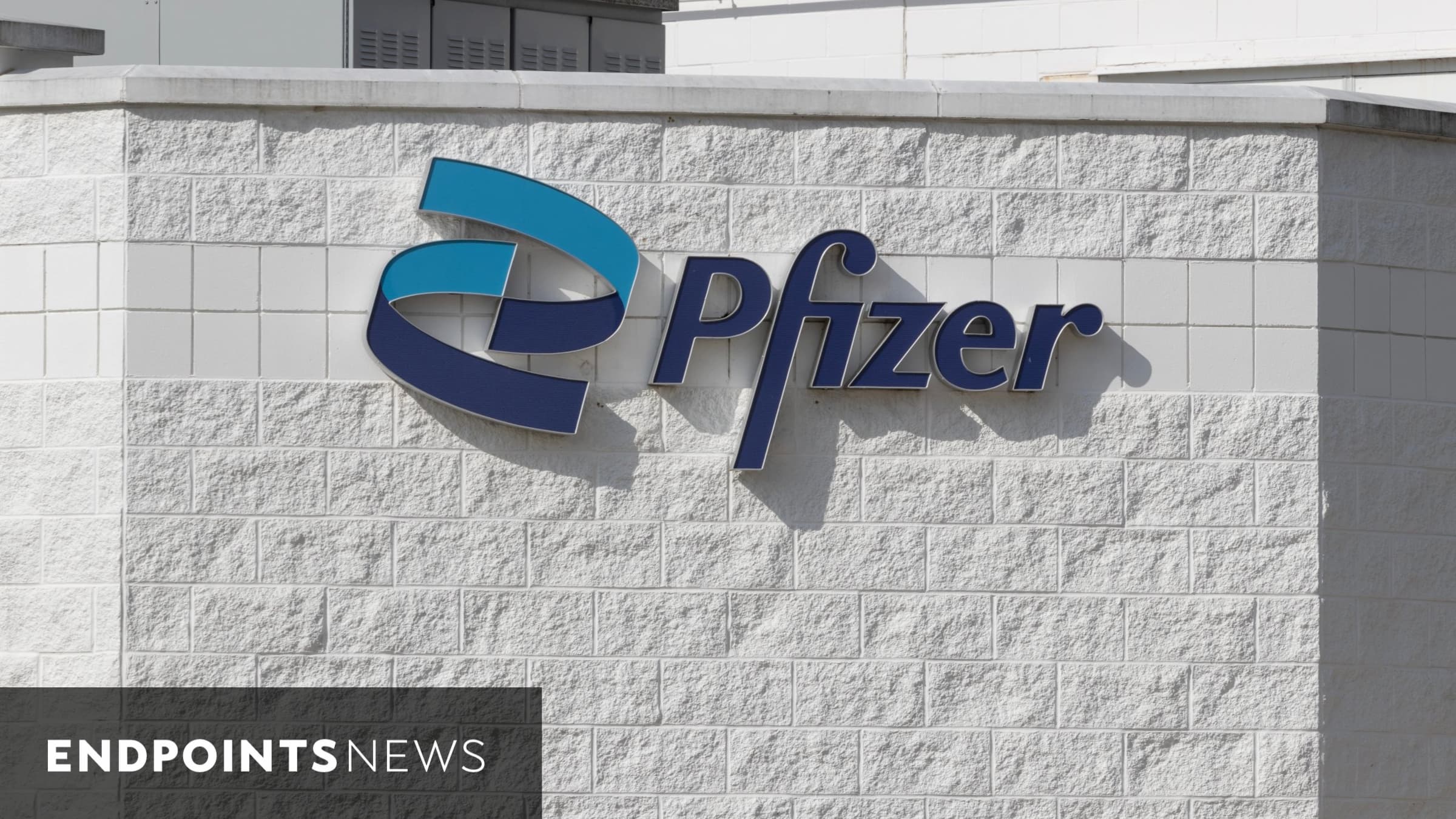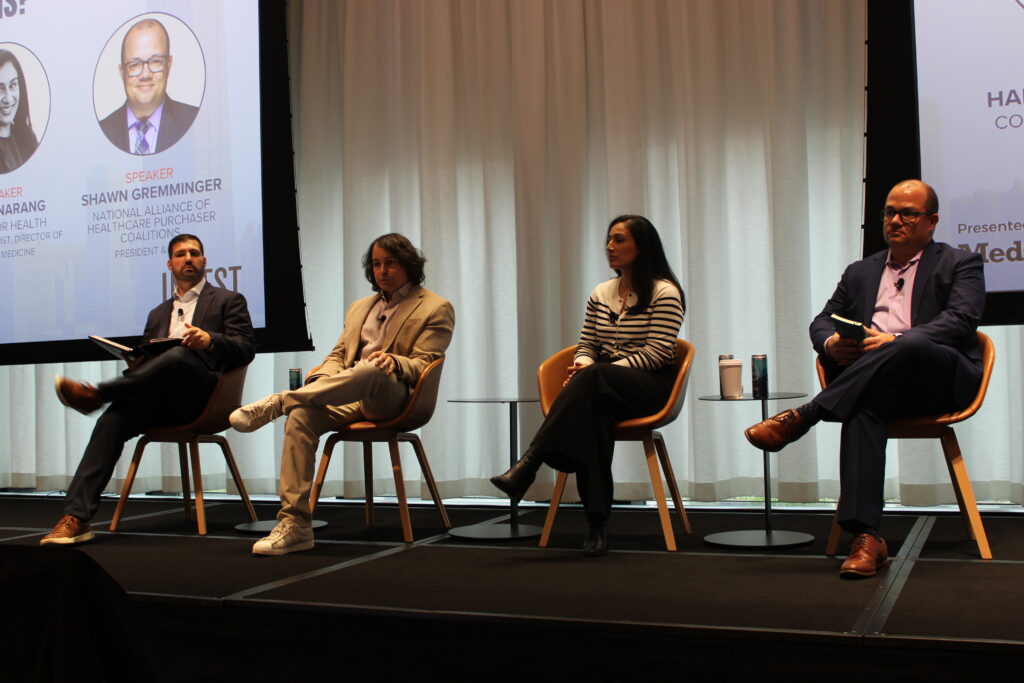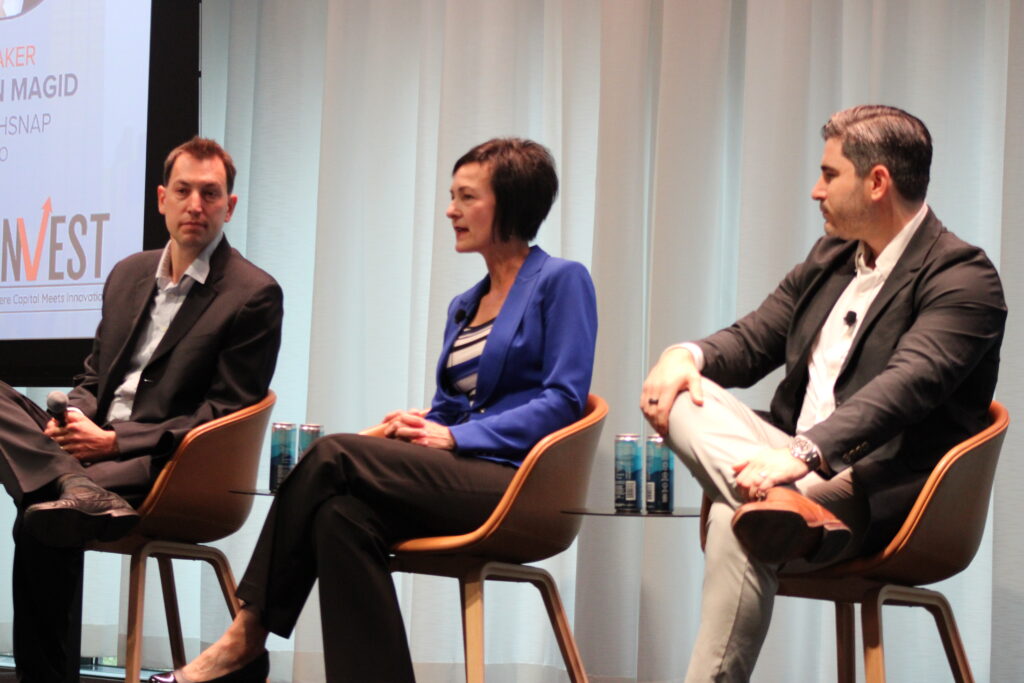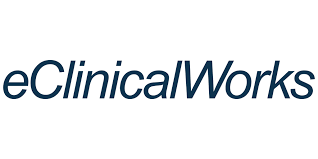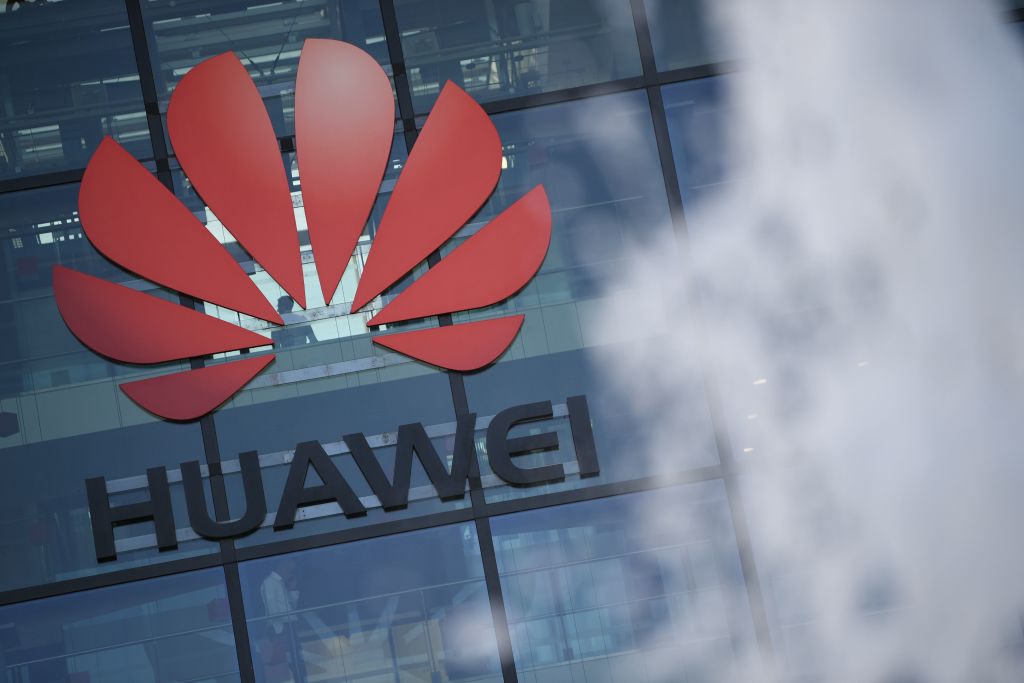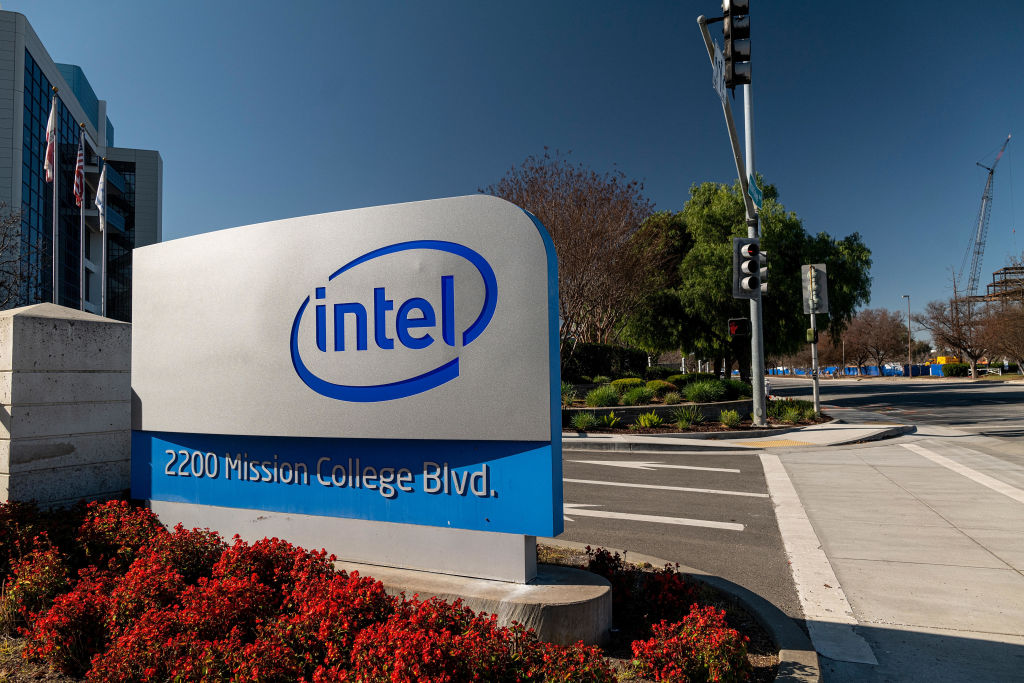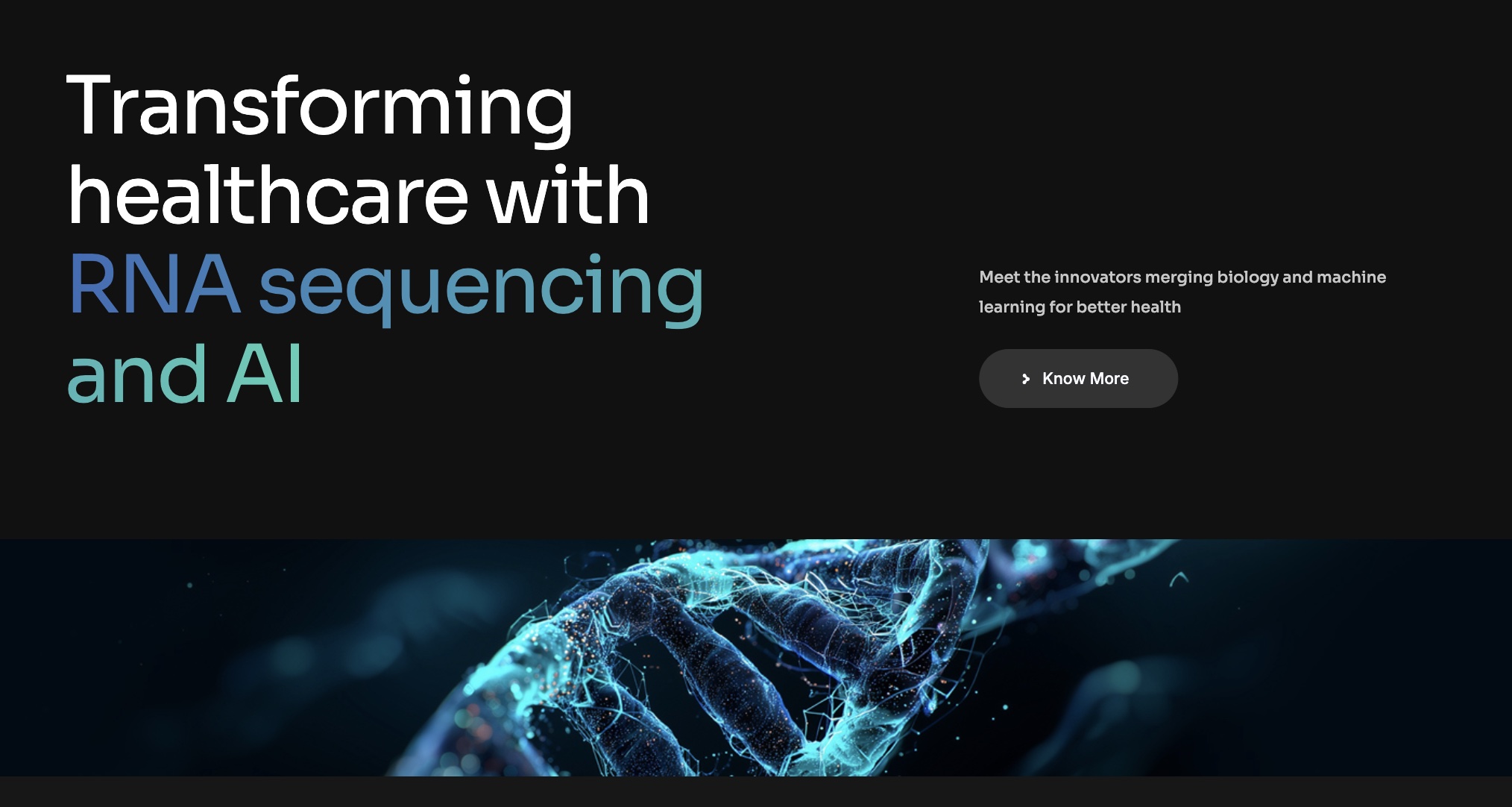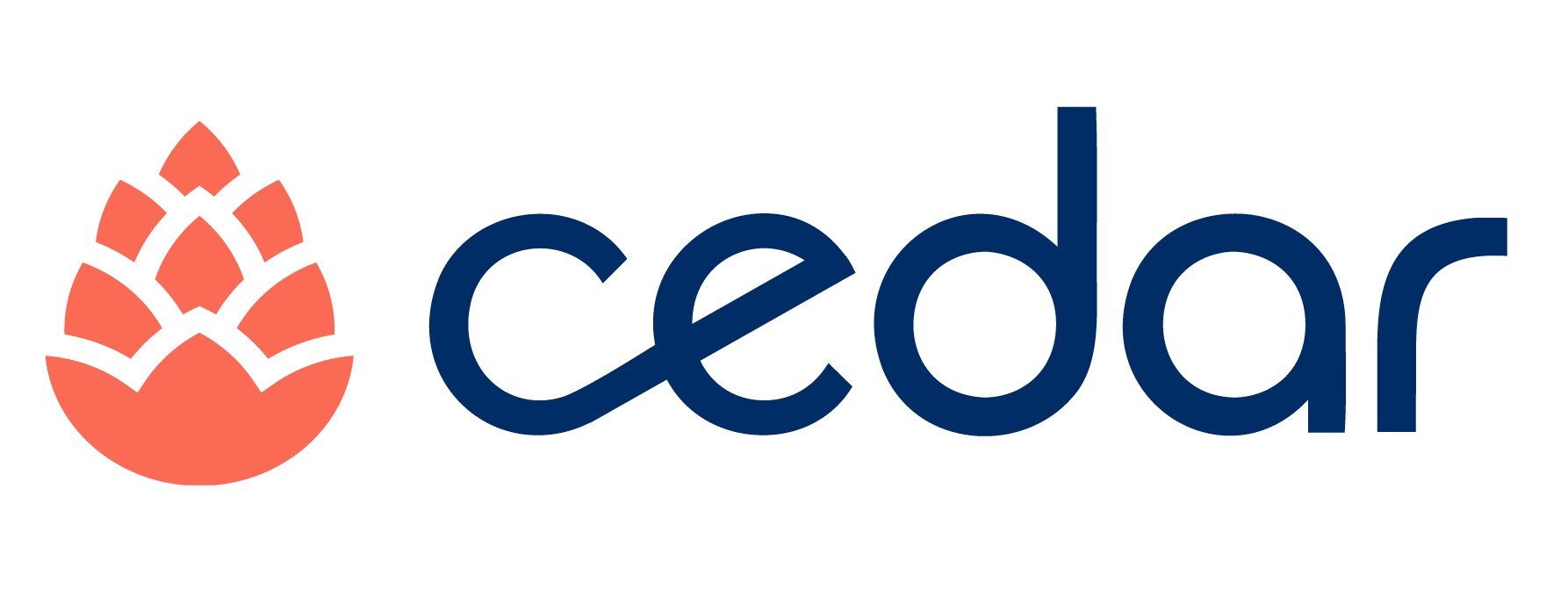Health Plan Tech Transformation to Improve The Member Experience
Getting ahead of digital transformation is difficult for healthcare organizations. There’s AI, GenAI, Agentic AI, and new uses for existing AI technologies that help staff get work done more efficiently. With these rapid changes, an organization can’t keep up with the changes on its own. That’s where a consultant comes in. Consultants benefit healthcare organizations ... Read More


Getting ahead of digital transformation is difficult for healthcare organizations. There’s AI, GenAI, Agentic AI, and new uses for existing AI technologies that help staff get work done more efficiently.
With these rapid changes, an organization can’t keep up with the changes on its own. That’s where a consultant comes in.
Consultants benefit healthcare organizations in many ways, not the least of which is staying abreast of technology changes, new ways to use technology, associated regulatory updates, and suggestions on program implementation.
As a board member of a mental health organization, I’m always thinking of ways to improve the experience related to supporting positive mental health outreach and treating mental health conditions. I see a significant opportunity for health plans to use technology or digital transformation as a way to lower costs and improve the mental health of members.
Behavioral health and technology
Behavioral and mental health challenges, exacerbated by the pandemic, remain a constant and growing issue for people of all ages. One in five adults—59.3 million people in 2022—live with mental health challenges today in the US, according to the National Institute of Mental Health. While the size of this number is tragic, it’s also an unprecedented opportunity for health plans to reach out and help their members.
Thankfully, the stigma around mental health has decreased significantly over the past 20 years. People are more likely to openly discuss mental health issues than they were.
This is great news for healthcare organizations, which can get ahead of member mental challenges by expanding or creating innovative programs.
Utilizing technology—predictive analytics and Agentic AI—is a great place to start. I’ve mentioned this before and it bears repeating: health plans have an astounding amount of data just waiting to be analyzed. (Statista suggested that the total amount of healthcare data generated worldwide in 2020 would be 2.3 exabytes. The World Economic Forum, says 97% of data produced just by hospitals every year is never unused.)
A consultant with healthcare expertise can help payers identify and evaluate the data by applying predictive models to the information. This can guide health plans in the right direction when they want to grow or build a new mental health program for members.
This retrospective exploration of data is an exceptionally important way to identify members. To enable a prospective approach to this data, health plans can identify a member’s need for mental health services through the use of Agentic AI.
When Agentic AI interacts with members online, there’s an opportunity to triage the member in real time. When the caller describes the information they need, Agentic AI can understand the member’s tone of voice and mood. Combine Agentic AI’s ability to sense emotions with the potential for accessing the caller’s claims on the fly, and the potential to triage the member as they communicate becomes a reality. “Socially savvy agents represent the intersection of AI and emotional intelligence. These systems understand and interpret human emotions, beliefs, and intentions, enabling richer interactions,” according to an article in Forbes.
The health plan could create a virtual intake channel and classify members based on the Agentic AI’s training, including scheduling a doctor visit or making a warm transfer to a healthcare provider.
The interplay between technology and behavioral health can help address the nurse shortage, while increasing the number of members receiving mental health care. By identifying and acting on the mental health issue early, health plans can drive down healthcare costs and improve member experiences.
Uniting people and technology
Consulting is the convener of minds. It serves to bring together siloed programs and departments into a cohesive whole to benefit the health plan and its members.
In the example above, healthcare consultants:
- Create workflows to get members into the system quickly
- Interview payers and providers about the mental health markers that place members into high-, medium-, or low-risk groups
- Build predictive analytics models to identify who needs assistance
- Work to ensure the integration of internal and external technologies
- Guide internal and external teams to ensure successful program implementation and iteration
- Support change management
As technology continues to change and improve, the opportunity for healthcare organizations to maximize the potential of these advances will grow. With the assistance of a knowledgeable healthcare-focused consultant, the idea of technology transformation becomes a reality.
About Michael LeVangie
Michael LeVangie is Senior Vice President, Consulting at Sagility, a tech-enabled, US healthcare-focused business operations solutions and services company that supports payers, providers, and their partners in delivering best-in-class operations.























































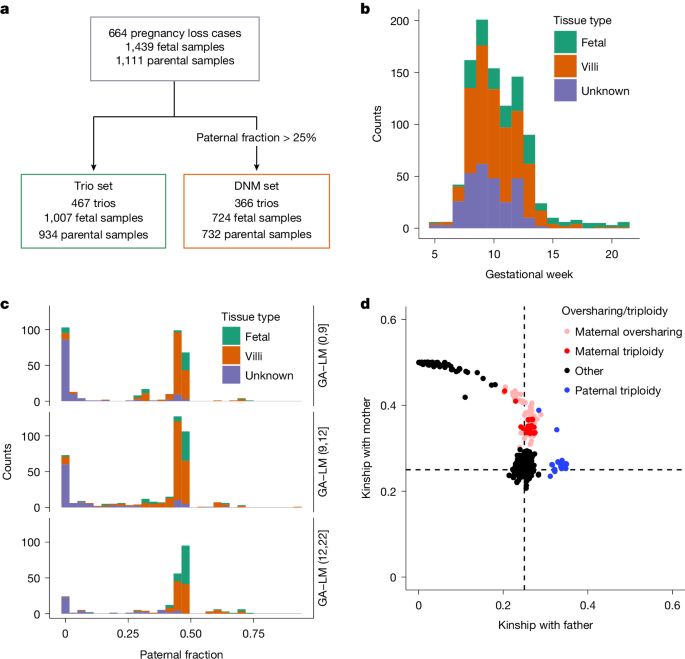




















.jpg)


















